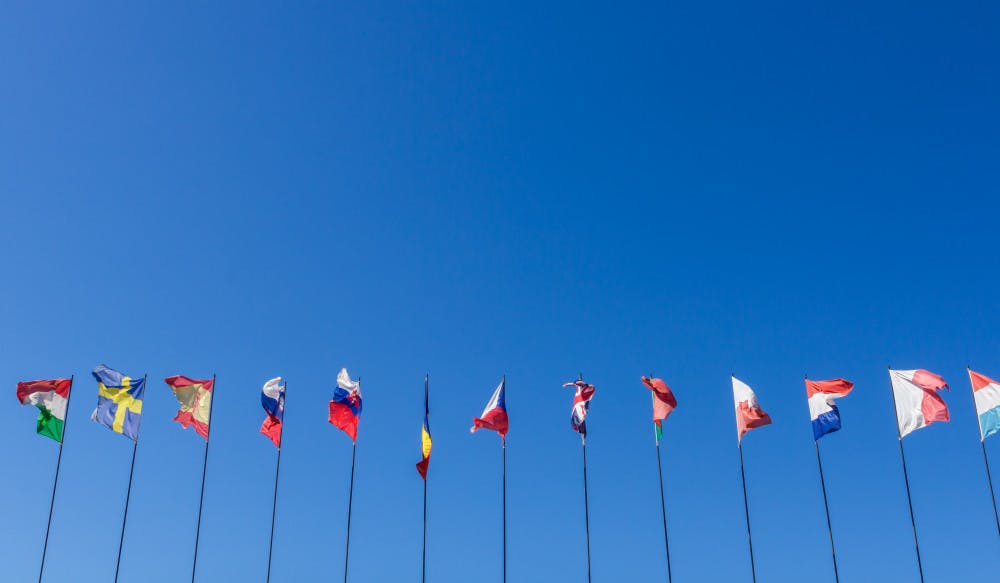By Ethan Resnik
Staff Writer
The United Arab Emirates (U.A.E.), Bahrain and Israel signed a groundbreaking deal on Sept. 15 that sought to realign relationships with Israel and other Middle Eastern countries.
President Donald Trump held an event at the White House commemorating the historic event, as reported by The New York Times.
The event, hosted on Sept. 15, as reported by AlJazeera, hosted Israeli Prime Minister Benjamin Netanyahu, Emirati Foreign Minister Sheikh Abdullah bin Zayed Al Nahyan and Bahrain Foreign Minister Abdullatif Al Zayani.
Bahrain and the U.A.E. are the third and fourth Arab countries to normalize relations with Israel since its founding in 1948, ABC News reported.
This was the first major peace deal between Israel and other Arab nations since Israel's treaty with Egypt Jordan in 1994, according to AlJazeera.
“‘After decades of division and conflict, we make the dawn of a new Middle East,’” Trump said at the conference as reported by the BBC.
The agreement between the three countries marked one of the most significant diplomatic achievements of the Trump administration, according to the BBC.

According to documents of the Abraham Accords released by the White House, the new deal would not only establish peace, embassies and normalize relations, but also encourage cooperation in industries such as healthcare, science, tourism and education, among others.
The accords also focused on civil aviation, which states, “The Parties acknowledge the importance of ensuring regular direct flights between Israel and the United Arab Emirates, for passengers and cargo, as an essential means for developing and promoting their relations.”
This provision followed the first commercial flight between Israel and the U.A.E. on Aug. 31, The New York Times reported.
Netanyahu welcomed the deal, saying that “‘this peace will eventually expand to include other Arab states. And ultimately, it can end the Arab-Israeli conflict, once and for all,’” AlJazeera reported.
While most global reactions had been positive to the deal, according to AlJazeera, opposition groups in Bahrain said the deal went “against the will of the people,” and urged those opposed to resist.
Palestinian leader Mahmoud Abbas said, according to the BBC, only an Israeli withdrawal from occupied territories could bring peace to the Middle East, adding that “‘Peace, security and stability will not be achieved in the region until the Israeli occupation ends.’”
Trump also hinted that “‘five or six countries’” were close to some type of peace deal with Israel, but did not elaborate further on any details or possible countries, according to France24.
During the signing ceremony, according to CNBC, Palestinian militants fired rockets into Israel from the Gaza Strip from what appeared to be Hamas, an Islamic militant group who condemned the deal. The attack injured two civilians.







